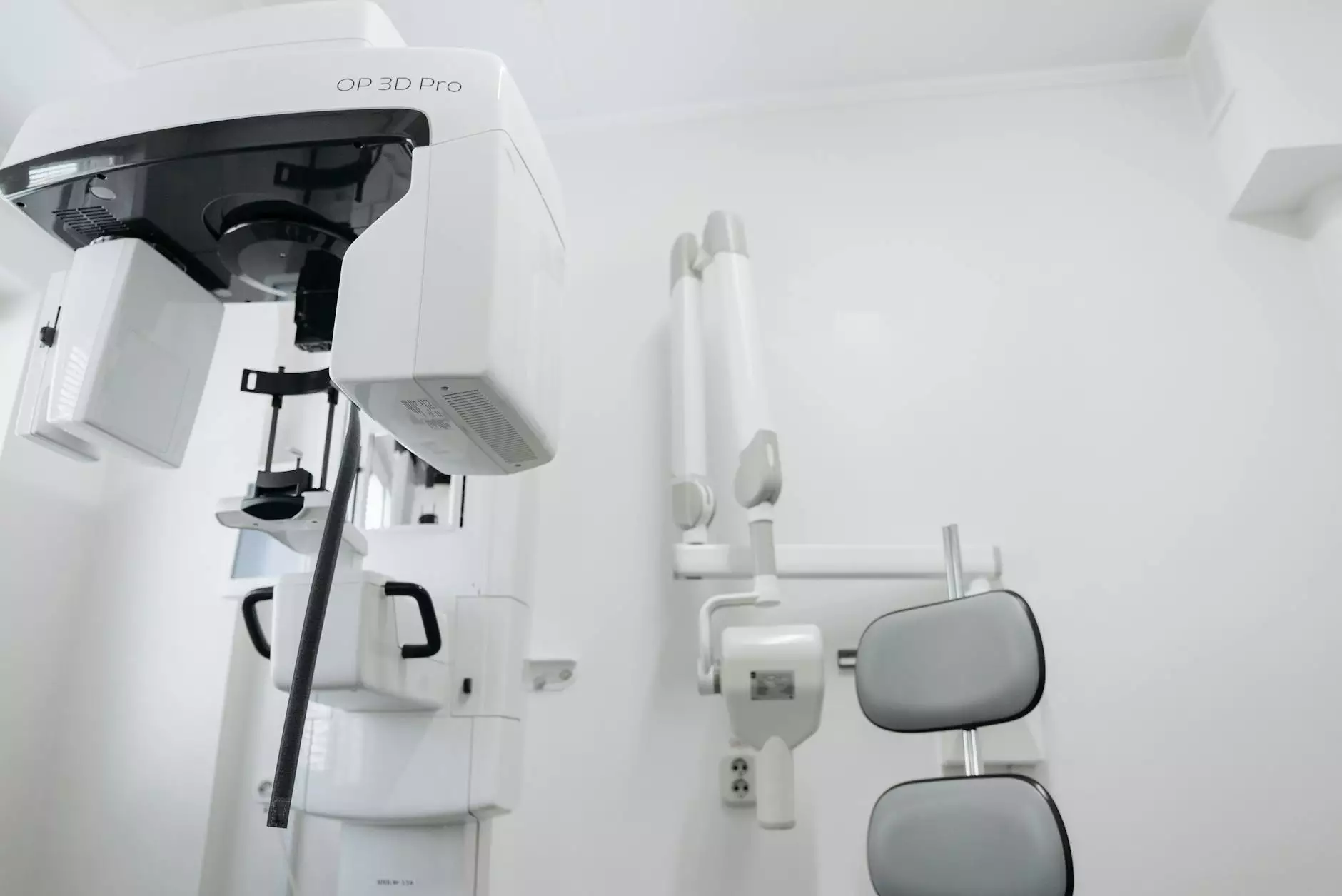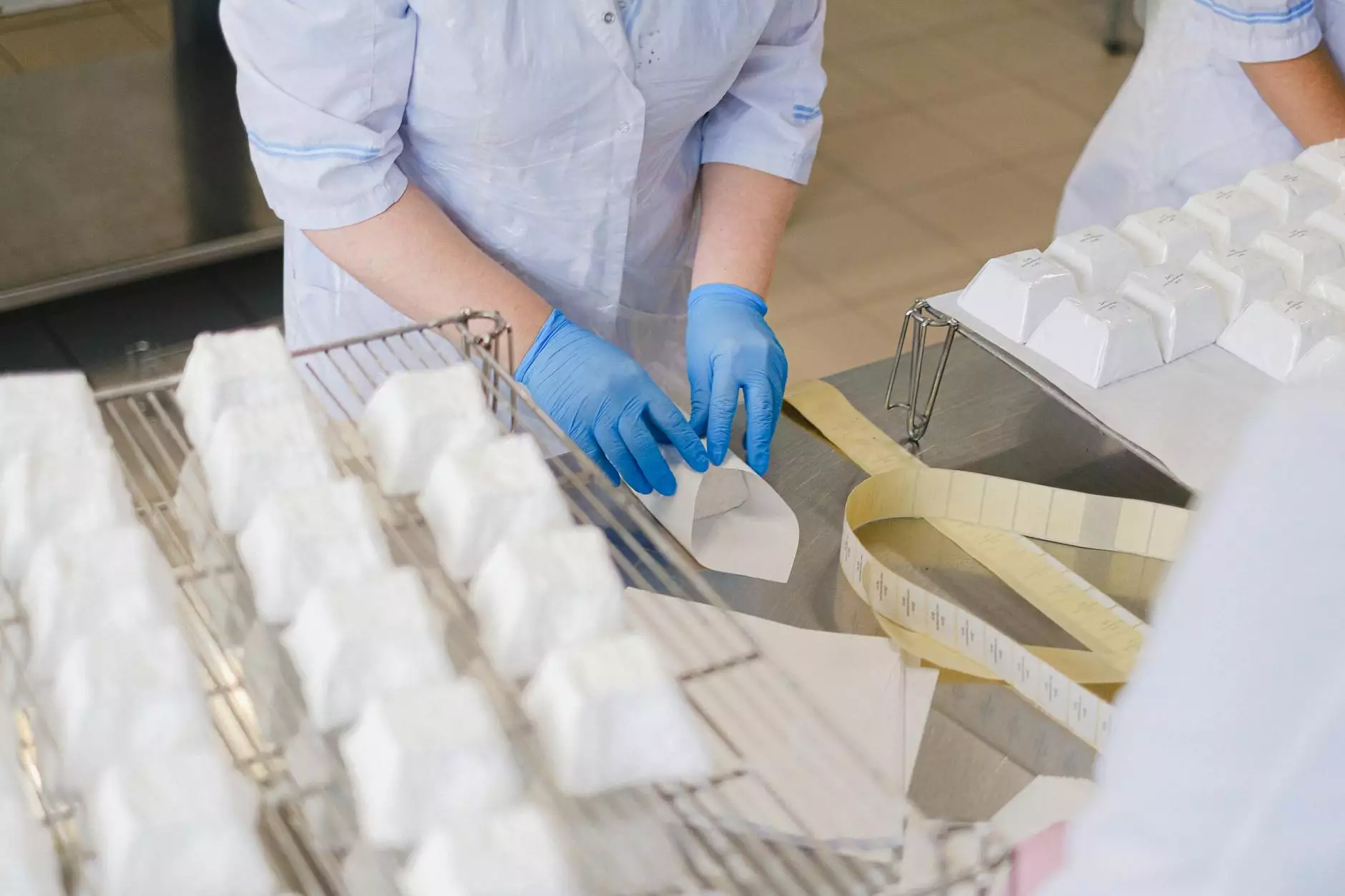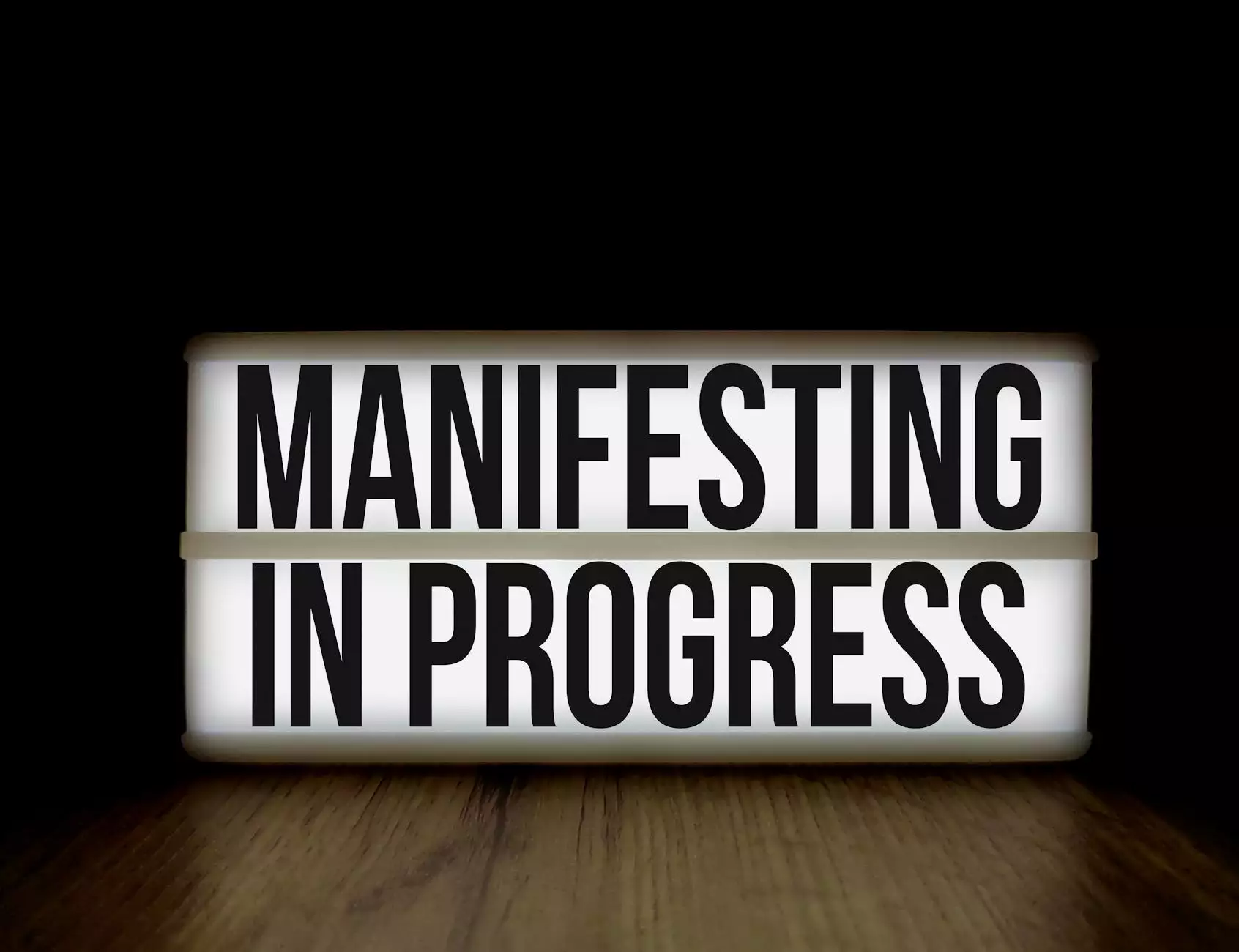Understanding Concave Chest Surgery Cost: A Comprehensive Guide

Concave chest surgery, medically known as pectus excavatum repair, is a procedure that aims to correct the structural deformity of the chest wall. This condition can affect both physical appearance and, in some cases, respiratory function. Many individuals consider this surgery for various reasons, and one of the most pressing concerns is the concave chest surgery cost. This article dives deep into understanding this cost and what factors contribute to it.
What is Concave Chest Surgery?
Concave chest surgery is a surgical intervention designed to correct pectus excavatum, which is characterized by a sunken appearance of the chest. The deformity occurs due to the abnormal growth of the cartilage connecting the ribs to the breastbone, which leads to a depression in the chest. This surgery can enhance physical appearance, improve self-esteem, and address any functional issues related to lung capacity or heart function.
Why Consider Concave Chest Surgery?
- Improved Physical Appearance: Many individuals seek this surgery to enhance their body image and confidence.
- Enhanced Respiratory Function: For some patients, this condition can cause respiratory issues, which surgery can help alleviate.
- Relief from Psychological Distress: The psychological impact caused by this condition can lead to distress; correcting it may benefit mental health.
- Increased Activity Levels: Post-surgery, patients often feel a boost in energy and an increased willingness to participate in physical activities.
Factors Influencing Concave Chest Surgery Cost
The concave chest surgery cost can vary significantly based on several factors, including:
1. Location of the Surgery
The geographical location where the surgery is performed plays a significant role in the overall cost. Major metropolitan areas with higher living costs generally have higher surgery prices. For example, surgeries performed in New York City or Los Angeles are often pricier compared to smaller towns.
2. Surgeon’s Expertise
The experience and reputation of the surgeon can significantly impact the cost. Highly skilled surgeons who specialize in thoracic surgeries might charge more due to their expertise and success rates. It's essential to choose a board-certified surgeon for optimal results.
3. Type of Procedure
There are various methods for performing concave chest surgery, including:
- Minimally Invasive Surgery: Often results in less recovery time and lower postoperative pain but can be more expensive due to the advanced techniques used.
- Open Surgical Techniques: Generally less expensive but involves a more extended recovery period and more post-operative pain.
4. Hospital or Outpatient Facility Fees
Costs can also differ based on where the surgery is performed. Hospitals typically charge more due to higher overhead costs compared to outpatient surgical centers.
5. Anesthesia Costs
General anesthesia is often required for this procedure. The costs associated with anesthesia can vary greatly depending on the anesthesia provider and the duration of the surgery.
6. Pre- and Post-Surgical Expenses
Don’t forget to consider the costs of pre-operative consultations, imaging tests, and post-operative care, which can add up quickly. Complications may also incur additional costs, resulting in a longer hospital stay or further treatments.
Average Costs of Concave Chest Surgery
On average, the concave chest surgery cost typically ranges from $20,000 to $70,000, depending on the factors discussed above. This price range generally includes:
- Surgical fees
- Anesthesia fees
- Facility fees
- Pre-operative tests
- Post-operative care and follow-ups
Insurance Coverage for Concave Chest Surgery
It’s crucial to check with your health insurance provider to determine if your policy covers concave chest surgery. Many insurance companies consider this procedure as reconstructive surgery and may partially or fully cover it if it’s deemed medically necessary. To improve the chances of insurance coverage:
- Secure a referral from your primary care physician.
- Document any physical or psychological challenges caused by your condition.
- Consult your surgeon about submitting appeals or letters of medical necessity.
Preparing for Concave Chest Surgery
Preparation is key to ensuring a smooth surgical experience and recovery. Here are some essential steps:
- Consultation: Schedule a comprehensive evaluation with a board-certified thoracic surgeon.
- Pre-operative Testing: Complete any recommended imaging or blood tests.
- Health Optimization: Follow your surgeon’s guidelines for pre-surgery health, including weight management.
- Planning Recovery: Prepare your home for post-operative recovery, including necessary modifications to your living space.
What to Expect During the Recovery Process
Every surgical journey is unique, but typical recovery experiences after concave chest surgery include:
- Initial Recovery: Expect a hospital stay of 1-4 days, depending on the procedure.
- Post-operative Instructions: Your surgeon will provide guidelines on activity restrictions, diet, and wound care.
- Follow-Up Appointments: Schedule follow-up visits to monitor your healing progress.
- Long-Term Recovery: Full recovery can take several weeks to months, with gradual resumption of activities.
Conclusion: Making an Informed Decision
Deciding to undergo concave chest surgery is a significant step that impacts both physical and mental well-being. Understanding the concave chest surgery cost and the factors influencing it is crucial for making an informed decision. Consult with professionals, weigh the costs against the potential benefits, and consider the long-term impact on your life. Remember, investing in yourself and your health is always a worthwhile consideration.
For more information on concave chest surgery and to explore your options, visit elclinics.com.









